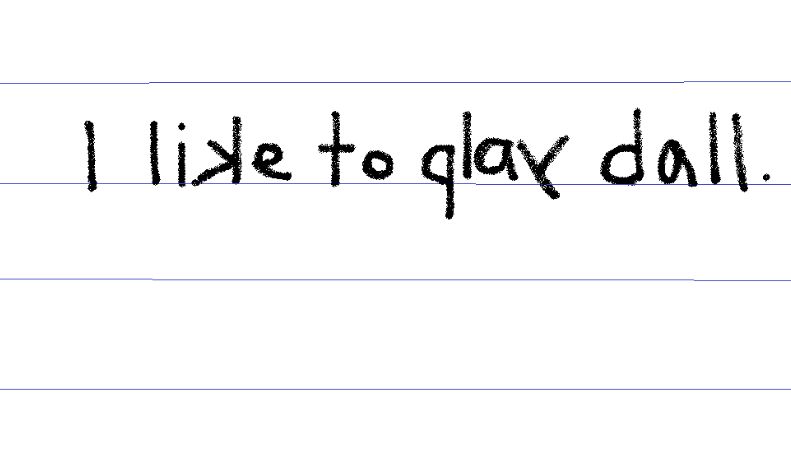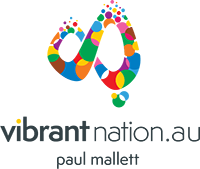
This one time I helped a friend to take the next step
paul had an exceptional friend whom he helped to explore a career in teaching.
Winter 1995
Millie was a year ahead of me in high school. She was one of the girls who caught the bus in and out of George Town — an out-of-town girl I never really got to know back then. I knew of her, though, and was curious when she landed a job at a local family-owned hardware store in the centre of town. We’d exchange pleasantries across the counter but it never went further than that. When I moved to the city, we lost touch.
A few years after high school, we crossed paths again in a Launceston nightclub. She was stone-cold sober, taking a break after dancing up on the blocks near the DJ. I was a few drinks in, doing my best to sound coherent after another long night out. We chatted. I learned she’d survived a very serious car accident and was lucky to be alive. I asked what she was doing with her life, but the bass drowned out most of her answer. We agreed it was good to see each other and said we’d catch up sometime — the sort of promise you make at 2am and rarely keep.
And we didn’t, for months. But we kept bumping into each other at that same club — week after week, small talk shouted over ’90s dance music, parting ways at closing time. She never drank. I drank too much. We were club friends — nothing more, nothing less.
Then one night, Millie seemed really flat. I was really drunk. We ended up sharing a taxi home. She spoke, I listened — really listened — and learned she’d been hurt, badly, in a recent relationship. I sobered up enough to be a friend who could help.
From that night, our friendship shifted. We started catching up in daylight hours — a whole new world. I told Millie I was studying to be a teacher. She admitted she’d love to do the same but struggled with dyslexia. Coincidentally, at the time, I was studying a unit on the “exceptional child” and had been reading everything I could about dyslexia.
My dad ticked every box for dyslexia but was never formally diagnosed. Growing up in a rural Tasmanian primary school in the ’50s and ’60s, reading difficulties meant exclusion, not support. Dad was often sent to gather pinecones for the hall heater when the teacher didn’t know what else to do with him.
So I was determined to see what I could find for Millie. Sure enough, there were supports, programs, strategies — ways to learn how to learn with dyslexia. I shared my research and my scribbled notes with her, and she took it all on board.
Not long after, life moved us in different directions. I started a new relationship, moved interstate, kept studying. We lost touch.
More than a decade later, thanks to Facebook, Millie’s friend request popped up on my screen. I was the happiest man alive to learn she’d found a way through — not around — her dyslexia. She’d completed her Bachelor of Education, was teaching primary school, and loving it just as she’d dreamed.
These days we touch base from time to time. I’m chuffed — there’s no better word for it — that Millie is a teacher now. Not a teacher who was “cured” or “overcame” dyslexia, but a teacher who works with it, who carries her own lived experience into every classroom. She brings with her an insight and empathy for students who struggle to learn — and reminds me how quietly life-changing a simple conversation, a little encouragement, and a handful of scribbled notes can be.





